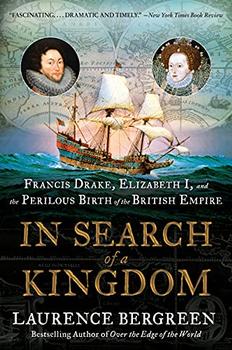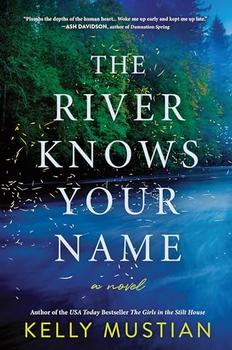Summary | Excerpt | Reading Guide | Reviews | Beyond the book | Read-Alikes | Genres & Themes | Author Bio

New Revelations of the Americas Before Columbus
by Charles C. MannA groundbreaking study that
radically alters our understanding of the Americas before the arrival of the
Europeans in 1492.
Traditionally, Americans learned in school that the ancestors of the people who
inhabited the Western Hemisphere at the time of Columbus’s landing had crossed
the Bering Strait twelve thousand years ago; existed mainly in small, nomadic
bands; and lived so lightly on the land that the Americas was, for all practical
purposes, still a vast wilderness. But as Charles C. Mann now makes clear,
archaeologists and anthropologists have spent the last thirty years proving
these and many other long-held assumptions wrong.
In a book that startles and persuades, Mann reveals how a new generation of
researchers equipped with novel scientific techniques came to previously
unheard-of conclusions. Among them:
Mann sheds clarifying light on the methods used to arrive at these new visions of the pre-Columbian Americas and how they have affected our understanding of our history and our thinking about the environment. His book is an exciting and learned account of scientific inquiry and revelation.
In a book that startles and persuades, Mann reveals how a new generation of researchers equipped with novel scientific techniques came to previously unheard-of conclusions...continued
Full Review
(286 words)
This review is available to non-members for a limited time. For full access,
become a member today.
(Reviewed by BookBrowse Review Team).
The article that
formed the basis for this book was originally published in The Atlantic
Monthly in 2002. If, after reading the extensive book excerpt and author
interview at BookBrowse, you want to read more you can read the Atlantic Monthly
article here. Also of interest is an extensive review in the Washington Post Book World written by Alan Taylor, the author
of American Colonies, and a professor of history at the University of
California at Davis.
Did you know?
In response to the frequently asked question, "why do you have a 'pretentious' C in
your name?" Charles C Mann replies, "I get asked about this a lot, occasionally in
exactly those words. The answer is not very interesting. I am named after ...
This "beyond the book" feature is available to non-members for a limited time. Join today for full access.

If you liked 1491, try these:

by Caroline Dodds Pennock
Published 2024
A landmark work of narrative history that shatters our previous Eurocentric understanding of the Age of Discovery by telling the story of the Indigenous Americans who journeyed across the Atlantic to Europe after 1492

by Laurence Bergreen
Published 2022
In this grand and thrilling narrative, the acclaimed biographer of Magellan, Columbus, and Marco Polo brings alive the singular life and adventures of Sir Francis Drake, the pirate/explorer/admiral whose mastery of the seas during the reign of Queen Elizabeth I changed the course of history.



Be sincere, be brief, be seated
Click Here to find out who said this, as well as discovering other famous literary quotes!